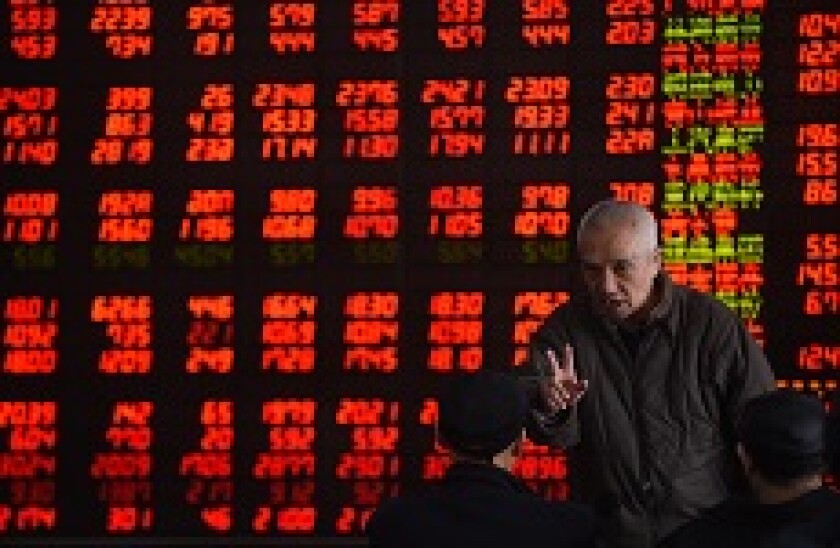Internet financing has flourished in China over the years, amid lax controls and tight-fisted banks. According to Moody’s, the country’s P2P sector has grown at a rapid clip since 2013, spurred by soaring demand for loans among the unbanked populace, as well as juicy yields offered to investors. Hundreds of online platforms sprang up to feed this market, but the lack of supervision has led to widespread fraud and misappropriation.
After years of mostly unchecked growth, Chinese regulators are now struggling to contain the fallout.
There were reports this week that the authorities, including the Internet Lending Financial Risk Management Working Leadership Group and China Banking and Insurance Regulatory Commission, are cracking down on the industry with a new round of checks on thousands of P2P lenders.
The number of failed P2P platforms rose to 165 in July from 63 the month before, and the outstanding balance of P2P lending fell to Rmb956bn as at end-July from Rmb1.3tr two months ago. This led to the Beijing police quashing a planned public protest by investors who lost money, and the government last week releasing a 10-point plan to address weaknesses in the regulation of online lenders.
Given this backdrop, it would be wise for Chinese P2P issuers planning IPOs, whether in Hong Kong or in the US, to lay low until the scandal blows over.
There is still too much public anger around the sector, and with government enforcement heating up, investors are unlikely to touch it with a 10-foot pole. IPO filings of Chinese technology-oriented issuers are also piling up in Hong Kong and the US, so fund managers will have rich pickings by the time September rolls around.
Trade war
Moreover, investors have turned decidedly risk-off on Chinese assets thanks to the trade war jitters. It also does not help that Chinese social media company Tencent Holdings, seen as a bellwether for Hong Kong stocks, got a hammering last week because it reported a surprise profit miss. Underwriters are discussing the very real possibility of lowering valuations for upcoming share sales with issuers, especially those in tech.
Investors have seen this all before. Near the end of last year a handful of IPOs from Chinese online lenders came one after another, despite progressively lower valuations and a poor secondary performance that was also caused by a regulatory clampdown.
Weidai’s planned IPO on the New York Stock Exchange, which has been tagged at $100m, is not expected to start pre-marketing until September.
If it chooses to forge ahead, investors would probably demand a single-digit valuation. The company differs from its rivals in that it offers financing backed by automobiles, as opposed to the unsecured lending that is allowed at most other lenders. But valuations aside, the optics for an IPO from a P2P name at this time could not be worse. Weidai should temper its expectations in line with market sentiment.
Once the summer lull is over, investors will — hopefully — be raring to take a punt on new companies again, especially as lending remains a huge untapped opportunity. Until then, it is going to be a bumpy ride.

